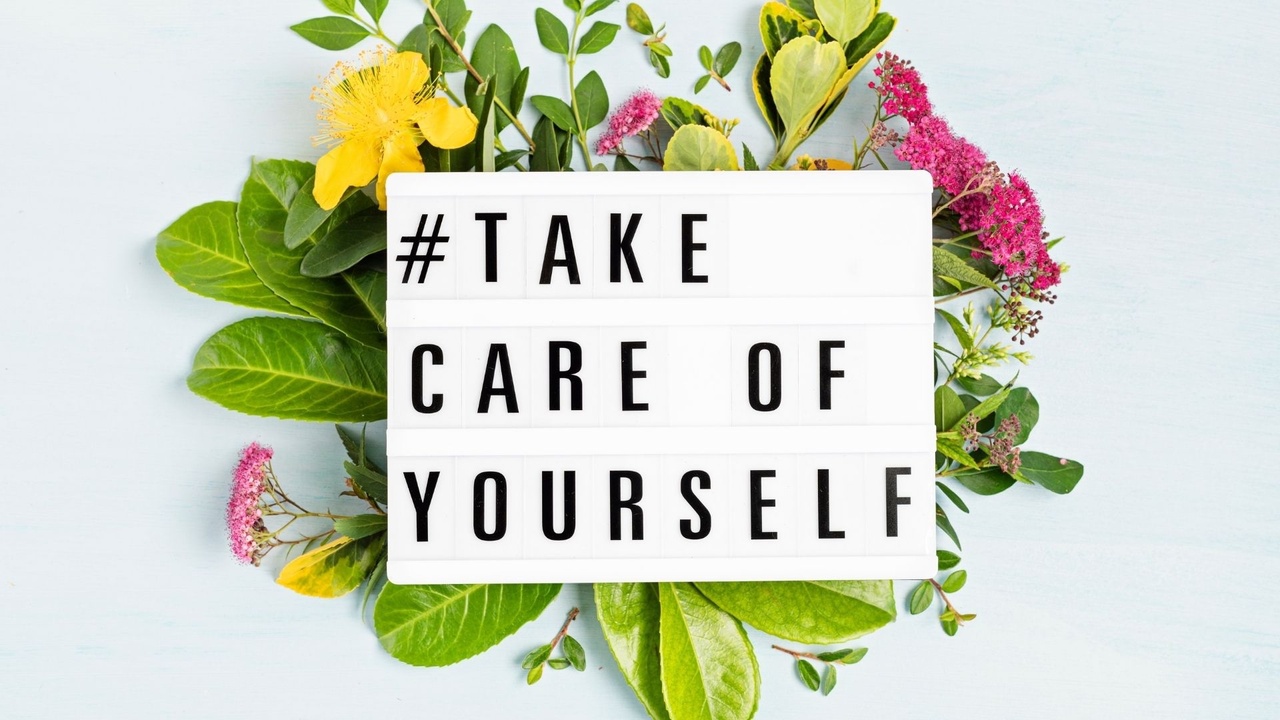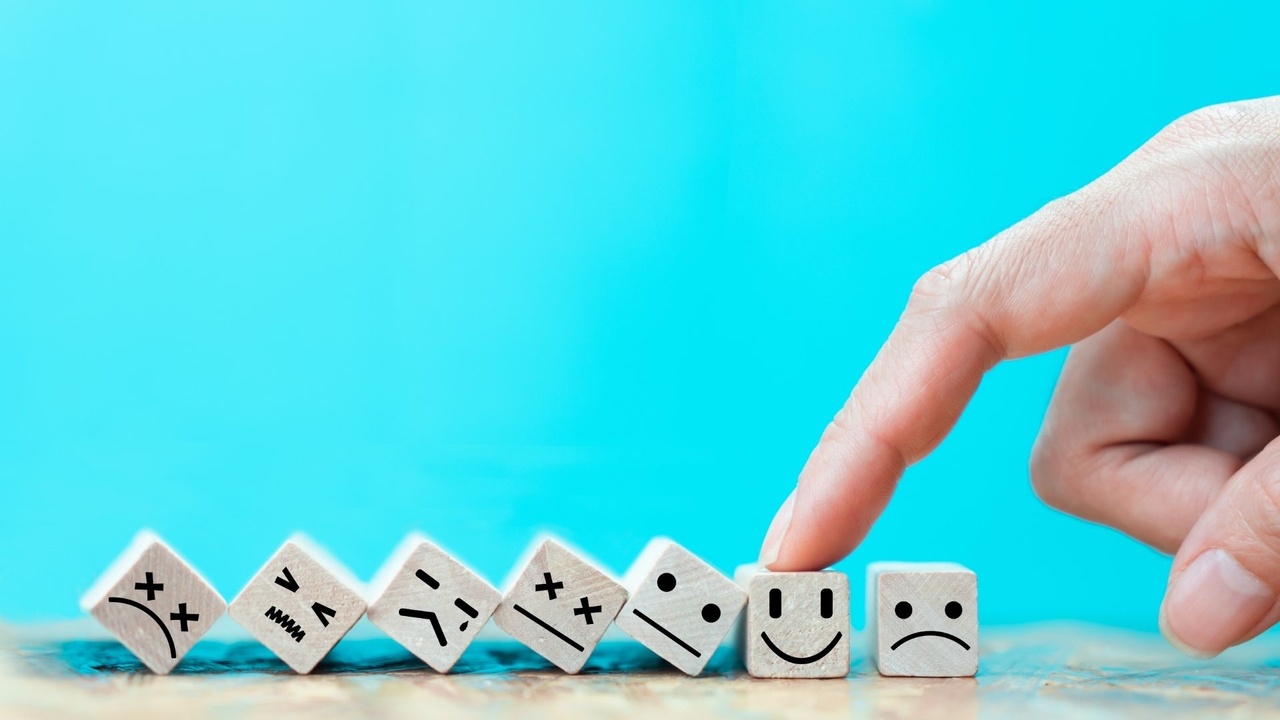A Mindful and Holistic Approach to Athlete Recovery

If you have not tuned in to my 3 Part Blog series on the connection between Mental health and Recovery please do so! Why Failing to Prioritize Recovery is Impacting Your Mental Health is a detailed look at how recovery and the mental health of an athlete are intimately linked. This will also help you understand the type of nervous system shift we are looking for and explain what the Parasympathetic (Ventral Vagal) Nervous System State is (Referred to as PNS in this Blog).
If you have not downloaded my Free EBOOK: The Athletes Holistic Guide to Recovery, this can be a great place to start!
I am a full advocate of explaining the “why” behind things before giving an athlete or coach solutions or answers. I find that the “WHY” is often what empowers an athlete to step into taking care of themselves more efficiently.
The recovery process will be unique and individual for every single athlete. When working with an athlete or a team I find it best and most beneficial to give options ...
Why Failing to Prioritize Recovery is Impacting Your Mental Health: Part Three

If you haven't tuned in to Part One and Part Two of this Series I recommend starting there.
Part One: The role of the Nervous System in both Mental Health and recovery
Part Two: The link between Recovery and Mental Health
But the impact of failing to prioritize recovery will also be a foundational piece of how an athlete performs.
Impact on Performance
For those of you who have gotten this far, THANK YOU. But alas, we have one more element to also consider.
Performance.
Although I believe that there is NOTHING more important than the overall well being of an athlete, I also know that sport is competitive. Although we are moving in the right direction with mental health in sport there are still MANY athletes and coaches who prioritize performance and winning over overall health.
Performance is a critical piece to sport. But mental health is the foundation for performance.
Many athletes come to sport with goals and aspirations. The majority of athletes I work with w...
Drop the Judgment.

Here is a common human experience: We have a feeling or emotion. We don’t like it or judge ourselves for said feeling or emotion.
I can’t tell you how many times I have gone through failure and rejection and then beat myself up because I am taking it so hard.
Running dialogue:
“I shouldn’t be this sad”
“It’s not that big of a deal”
“I should be over this”
“It shouldn’t bother me”
“I should be more positive”
Anybody been there? We place so much judgment on how we think and feel. We are a judging species and although we will never NOT judge we can help ourselves out.
In his book “Wherever You Go There You Are,” Jon Kabat-Zinn describes what it might be like to not judge. “Imagine how it might feel to suspend all your judging and instead to let each moment be just as it is, without attempting to evaluate it as “good” or “bad”. This would be a true sillness, a true liberation” (page 55-56). This is what Mindfulness is all about and what we mainly try to accomplish in a mor...
Self Soothe and Self Care

Self Care. What a buzz word these days.
The National Institute of Mental Health (2020) defines self care as “taking the time to do things that help you live well and improve both your physical health and mental health.”
But to me that doesn’t really give us a direction for our self care. What does self care mean?
With COVID especially there has been a shift and A LOT of talk about self care. It’s no surprise that when we are dealing with hard things we NEED to take care of ourselves. In speaking with one of my closest friends last week about what I am going through she mentioned that “we have to have heightened self care when things are tough.”
Failure and rejection are tough.
But at the same time I feel like we’ve morphed self care into many activities, “acts of love” and pampering that aren’t actually taking care of ourselves. Great example, pouring yourself a glass of wine or making yourself a drink at the end of a long day has people hashtagging #selfcare left and right. ...
Get Clear on Your Emotions and Feelings

“Naming or labeling difficult emotions helps us disentangle or unstick from them.”
-Kristen Neff and Chris Germer
When it comes to failure and rejection there is a whole shit storm of emotion and feeling. It’s worth it to understand how greater society influences HOW we navigate emotion and how that might play into the experience of rejection and failure. Although our society has made progress we still very much view emotion as weak. Many people grow up in families that don’t talk about feelings at all. When it comes to failure and rejection, more often than not (particularly in sport) the message is to reflect, learn and then put your head down and get back to work. There is a time and place for that depending on the scenario, but this is missing a huge and MASSIVELY important part of how we process the emotion that comes with failure and rejection.
Processing emotion is hard. It’s uncomfortable and it can take time. But to be human means we will always have emotion.
Th...
Navigating Rejection and Failure. A Series.

“Success is not final, failure is not fatal: it is the courage to continue that counts.”
- Winston Churchill
“Today’s rejection may become tomorrow’s acceptance.”
― Ehsan Sehgal
Everyone deals with rejection and failure.
This is something we sign up for the day we are born. We face it almost everywhere we go, yet somehow, I’m not sure it ever gets any easier.
It’s important to note that failure and rejection are for the most part subjective. You may look at an experience and feel like you've failed, while someone on the outside looking in may view your experience as a win. I’m not here to debate what failure and rejection are and what they are not. It’s an individual experience that we will ALL face and feel and it’s hard.
As a former athlete playing at a highly competitive DI program, I faced rejection almost every day on and off the field. As a former college coach I remember countless attempts to handle situations with players or my other coaches that failed miserably....
Mental Health in the Elite Athlete Community

This isn’t a new subject by any means. We’re seeing more and more professional athletes speak up and go public with their various struggles. College Athletic Departments are putting more structure and programming in place to address mental health for their student athletes. I believe were making progress, but we as an elite athlete community have a long way to go.
In the field of Clinical Social Work, one of our jobs is to research and address social problems. A social problem is an alleged situation or widespread issue that affects a significant number of people. Over the last few months my work has been dedicated to researching and addressing the social problem of mental health within the elite athlete community.
Remove competitive sport from the scenario and mental health in general continues to be a widespread issue within the United States. We’re living in a time where stress and anxiety are at an all time high. A pandemic, the presidential election, and systemic racism d...

